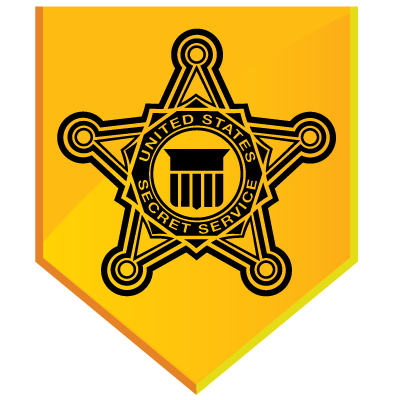(Washington, D.C.) – Nearly two weeks after the Department of Justice announced the seizure of approximately $53 million from a Florida business involved in an online scheme, the U.S. Secret Service has identified and frozen additional funds, raising the total of assets seized to more than $93.5 million.
On August 5, 2008, agents from the Secret Service Orlando and Tallahassee Field Offices executed a series of federal search and seizure warrants on business locations, residences, and bank accounts linked to AdSurfDaily, Inc (ASD). The search and seizure follows an investigation initiated in July 2008 that revealed ASD was engaging in questionable business practices that operated on a pyramid or Ponzi scheme principle.
“Cooperation among investigators, including the private sector partners who brought this case to our attention, allows us to combine not only our resources, but also our expertise in order to more effectively address evolving criminal methods, such as these online schemes,” Secret Service Assistant Director of Investigations Michael Merritt commented.
Ponzi schemes promote allegedly lucrative business opportunities, when in reality there is in fact no underlying profitable business to support the payments promoters say they will make to the investors/participants. The Internet is increasingly used as a vehicle to promote each of these types of frauds and while Ponzi schemes have evolved with technology, the basic premise remains the same: later investors' funds are used to pay the earlier investors.
The version of the Ponzi scheme Secret Service investigators uncovered in the ADS investigation is referred to as an "auto-surf” program, a form of online advertising that claims to generate revenue from so-called "advertisers" who pay fees to have their websites displayed to other viewers through the "host's" web-based operation. As part of the program and to encourage more advertisers to pay the membership fee, the host pays the advertisers a so-called rebate for viewing fellow advertisers' web pages, while encouraging the recruitment of new advertisers by paying a referral fee. In this Ponzi model, the host generates most, if not all, of its funding from membership fees, and therefore must use money received from later advertisers to pay rebates and referral fees to earlier advertisers. These programs collapse when new membership fees fail to cover the payouts promised to existing members. On August 5, 2008, U.S. Attorney Jeffrey A. Taylor and Secret Service Orlando Field Office Special Agent in Charge John Mrha announced a civil forfeiture Complaint was filed in the U.S. District Court for the District of Columbia against two homes located in Florida and South Carolina, as well as the initial $53 million in funds. On August 6, 2008, the Florida Attorney General filed a lawsuit against ADS and its president, Thomas A. “Andy” Bowdoin Jr., seeking civil damages and an injunction against the company to prohibit them from engaging in future deceptive marketing schemes. The Secret Service is currently coordinating with the Department of Justice to identify victims that may be entitled to a portion of the seized proceeds.
The United States Secret Service was originally founded in 1865 for the purpose of suppressing the counterfeiting of U. S. currency. Over the years it has grown into one of the premier law enforcement organizations charged with investigating financial crimes. The Secret Service has taken a lead role in the developing area of cyber crime, establishing working partnerships in both the law enforcement and business communities to address such issues as protection of critical infrastructure, Internet intrusions and associated fraud.

